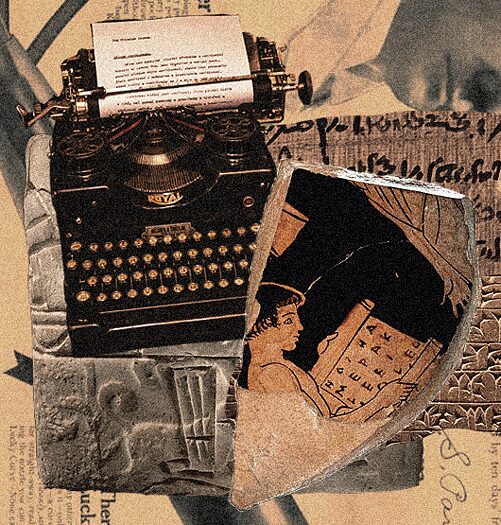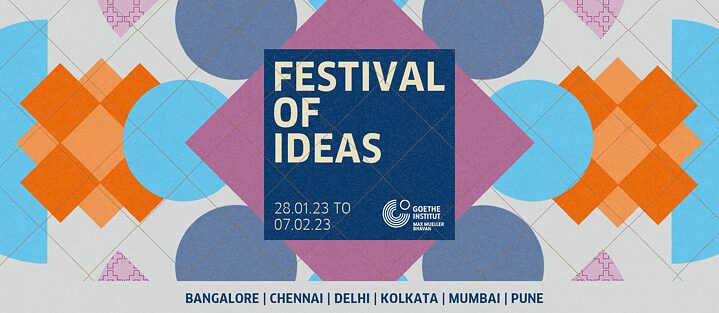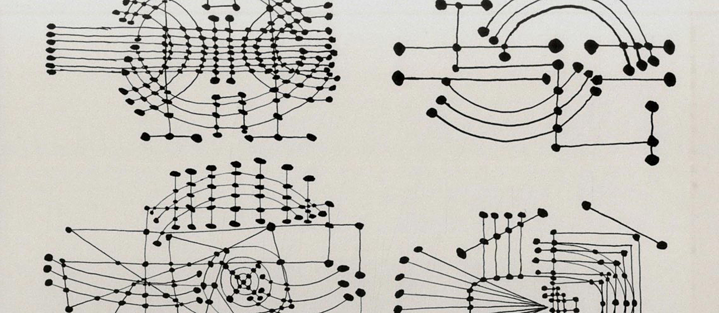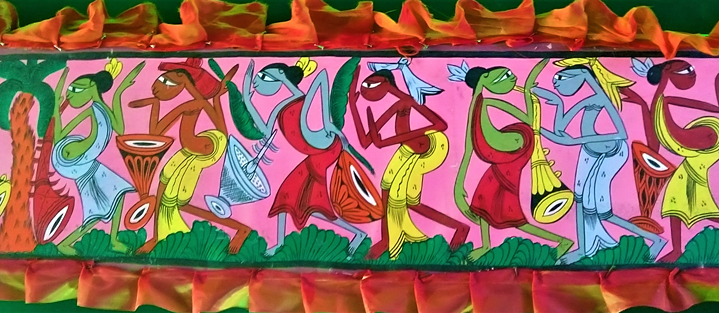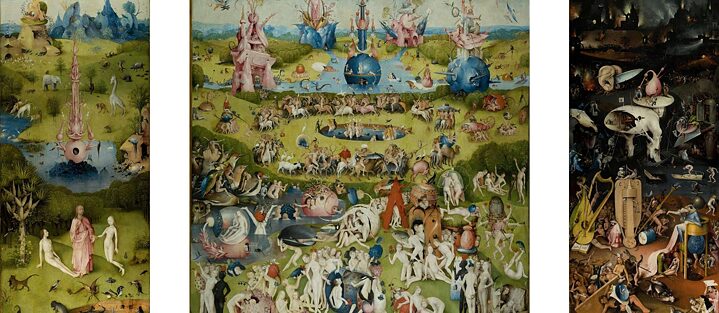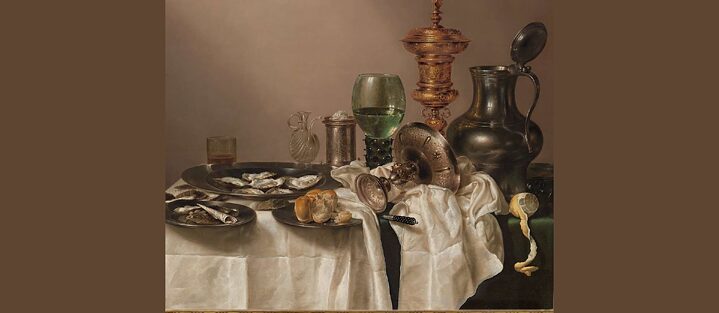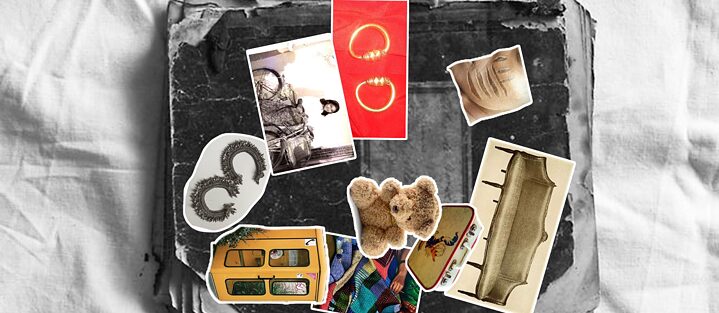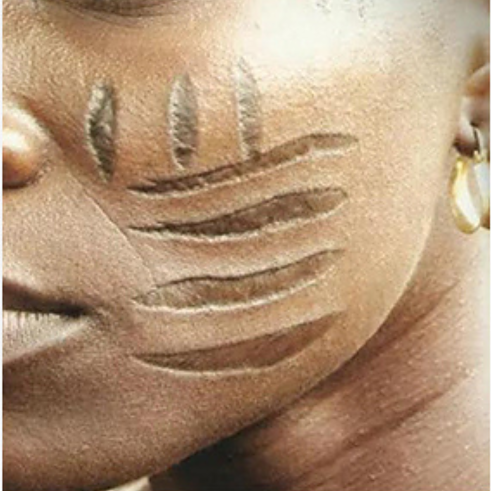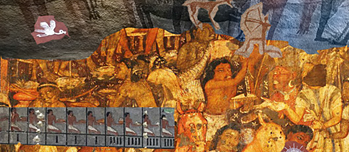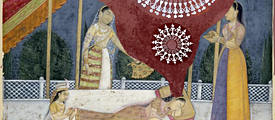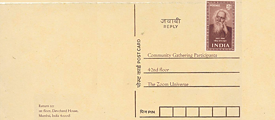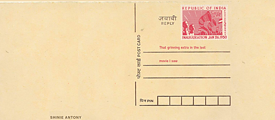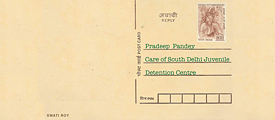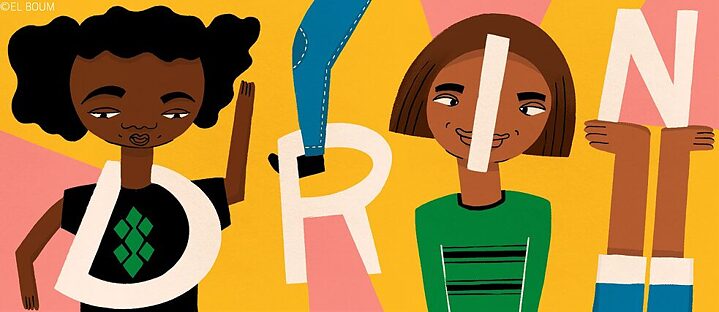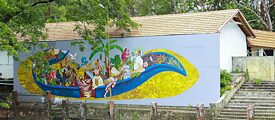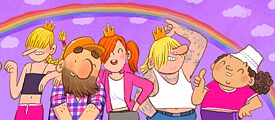With a total of 7 newsletters, the goal is to document the journey our experts have embarked upon, to examine the processes and discuss the methods through which they hope to seek change in their collective practice.
Identities and practices are formed over time by constant reiteration of certain thoughts and ideas. They are manifested in the notions of nationality, the rules surrounding gender; food and religion, to objects and spaces that are turned into markers of right and wrong. The idea of the Self, as we have learned, emerges from its relation to the Other; in the gaps between them lies the terrain of belonging and unbelonging. And what storytellers and those in the business of sharing stories are constantly attempting to do, is to narrow those gaps — not by erasing the differences but by acknowledging them and recognising the ways in which unbelonging occurs.
The team of narrative experts at Once Upon a Tomorrow have shared examples of unbelonging, both personal and otherwise, to talk about the kinds of practices that have become normalised over time, and offer us a ‘hack’ to combat those experiences.
A single story is a dangerous thing — it does not speak for everyone. How can storytelling become diverse and inclusive without diluting the essence of the story? Let us talk in each other's voices.
The second edition of the newsletter explores the challenges storytellers face in trying to tell the "right story": whom does it belong to, and what are the best ways to tell it and make sure that all sides are being heard?
This newsletter is called The Postcard of Possibilities. Through various conversations surrounding storytelling, our experts determined that there are many members of society who are neglected in their practice. This could be for a number of reasons such as disability or access. If you could write a short note to somebody who has unwittingly become an outsider or rather, an "Other" to your craft, what would you say?
